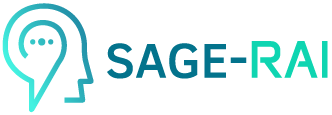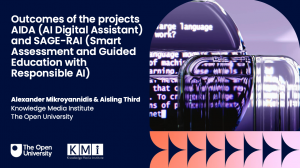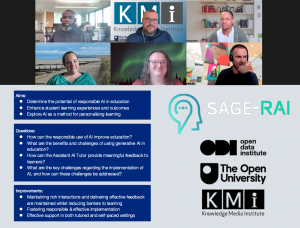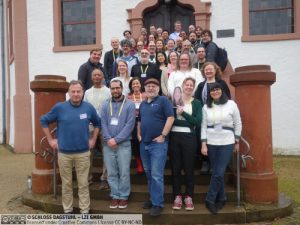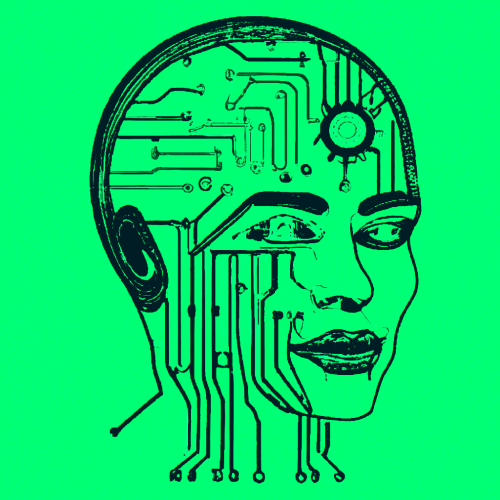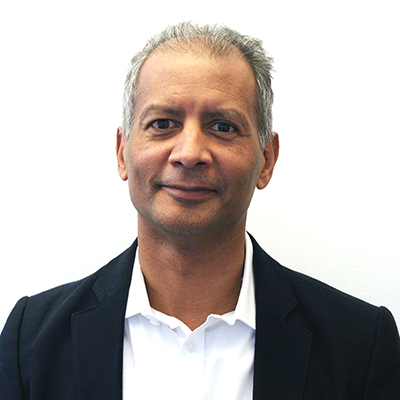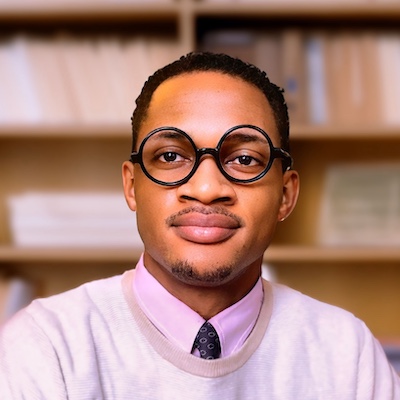About
SAGE-RAI Project
Can responsible Generative AI (GenAI) lead to improved student outcomes? In SAGE-RAI, we utilise partner-applied education-oriented GenAI tools to explore this. Inspired by Bloom’s 1984 study on 1-to-1 teaching’s efficacy and the potential for cost-effective, scalable personalised education, we aim to unlock this potential. Human based tutoring will always have limits to how far it can scale and we are thus investigating how responsible GenAI can enhance scalability, offer highly personalised learning experiences, and generate student feedback. Our goal is to create a platform supporting assessment and student guidance while responsibly applying GenAI, addressing challenges of misinformation, copyright, and bias. The journey embodies educational innovation for better outcomes.
